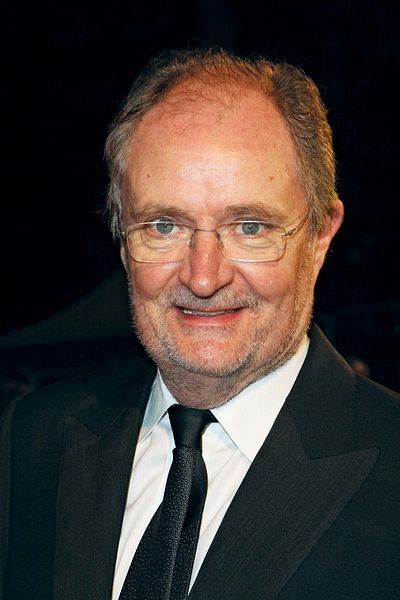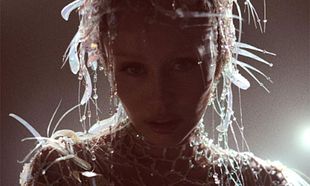Harold Fry (Jim Broadbent), an ageing pensioner, learns that his friend is dying in a hospice some 500 miles away. Leaving his wife (Penelope Wilton) behind, Harold sets out to walk to her across England in order to keep her spirits up. Along the way, he encounters numerous people and confronts his own past and failings...
It's telling that there is no mention of Werner Herzog's 'Of Walking In Ice' throughout the entire runtime of 'The Unlikely Pilgrimage of Harold Fry'. The concept is almost exactly the same. The famed German director set out in 1978 to walk from Munich to Paris in order to keep the spirits up of his friend and mentor, Lotte Eisner. In the travelogue, Herzog describes in his own particular details about what he saw and felt. Two quotes stick out from Herzog's writing in comparison with this - 'Truth itself wanders in the forest', and 'Only if this were a film would I consider it real'.
Movies about shiftless wanderers, pilgrims, sojourners, and so on are common enough. Agnes Varda's 'Vagabond' is a fierce story of about a woman shirking responsibility and deriving her own freedom from walking from place to place. Herzog's 'Of Walking In Ice' was a much a meditation on solitude as it was on the inevitability of death. Yet, in 'The Unlikely Pilgrimage of Harold Fry', it's like some messed-up inspirational video done in the shadow of Captain Tom Moore. It imagines some utopian Albion, made up of kindly shopkeepers, fellow travellers of hearty friendships, and all that's green and good in the world. Like the story itself, it ping-pongs between extremes, all of it sun-dappled and vibrant, or windswept and waterlogged.
As you'd expect, there's a slow reveal of the story around why Harold Fry's taken off for a ramble, but the sluggish pace of it means that by the time you get to that point, you're long past the point of caring about anyone involved. Not only that, the big reveal is so emotionally manipulative and so insistent of itself that there's just no space to feel anything about it. It's a shame, as both Penelope Wilton and Jim Broadbent deserve far better than what this movie offers them. You can tell that both are committed in their performances, expressing rage and frustration at one another in a way that they probably don't get to do that often in the likes of 'Downton Abbey'.
Director Hettie Macdonald spent most of her career in television, and so much of the movie feels like it's a made-for-TV movie, or something you might pass over on a streaming service. There's nothing terribly ambitious or cinematic about any of it, even with all the sweeping vistas of dear old England thrown in on top of it. In the end, 'The Unlikely Pilgrimage of Harold Fry' winds up taking a shortcut through to its ending where none of it feels earned and ultimately relies on sentimentality and manipulation to get itself over the line.




















































































